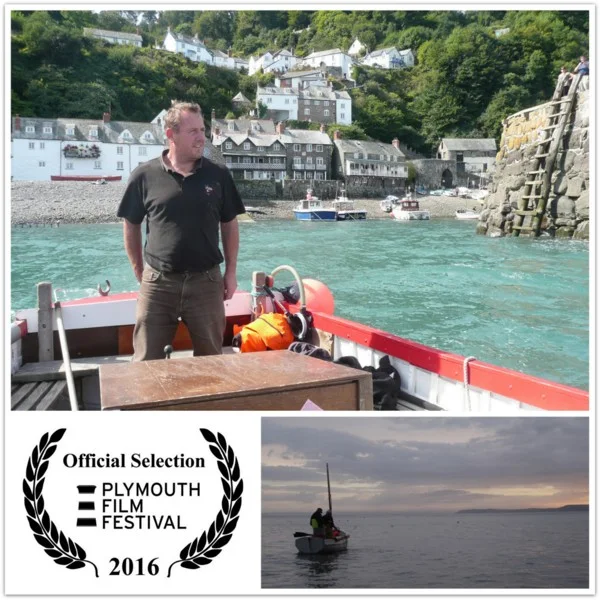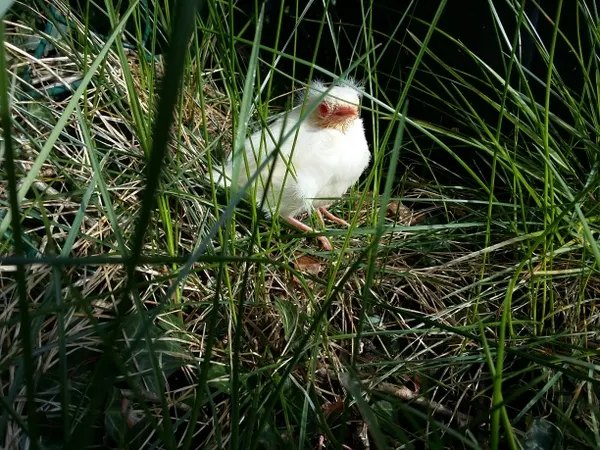The boat stories series of ten short films is continuing to make big waves for North Devon. 'Fishing for Clovelly Herring' has been chosen by the jury for Plymouth Film Festival on 13-15th May. Selected from over 450 submissions, this lively film will be shown as part of the Sunday brunch session and is up for best documentary, best of the south west and the people's choice award. This whole series is being shown this week at Exeter Phoenix before the feature length documentaries at the UK Green Film Festival, billed as a nationwide celebration for film lovers and green thinkers. In April the films were shown at the inaugural and colourful Ilfracombe Film Festival. Amanda Gartshore festival organiser says 'Boat Stories were a big hit with the festival audience. "Some seeing them for the first time loved them because they featured people they knew and others who'd already seen them came to watch them on the big screen." Last autumn two of the films were part of the official jury selection at Bath Film Festival. Jo Stewart-Smith, director and producer of the films says 'it's fantastic to see the Boat Stories buzz continuing, long after we sailed on our last filming trip. Once again I want to thank all the talented local cameramen, Simon Vacher, Matt Biggs, Mark Brindle, Stu Gaunt and Rich Stevenson and our sound assistants, Josh Hawker and Oscar Adams plus the ten versatile musicians we worked with - a different one for each film - together we made a great team."
Jo has been showing the films and revealing some of the adventures of cast and crew at a series of talks in packed village halls for Beaford Arts. The final talk is at High Bickington on Friday 13th May. Stephen Perham star of the film Fishing for Clovelly Herring will be chatting about his experiences alongside another boat stories star Thom Flaxman, relief coxswain and crew on the Bideford pilot.
Recently Glorious Oyster (of food and farming awards fame) partnered with Treyhill farm to show the films at a fundraiser for Sea-Changers. Several festivals are coming back for seconds. The films will be on show for the second year running at the Westward Ho Fish Festival in June and at Sea Ilfracombe and Appledore Book Festivals in the Autumn. Jo adds, "I want to remind local businesses, tourist and activity centres and groups of friends that they are welcome to show these films. They make great entertainment for those rare, rainy evenings we get in North Devon!"
Boat Stories DVDs are available from many tourist information centres, museums and galleries in Appledore, Bideford, Braunton, Clovelly, Ilfracombe, Mortehoe, Westward Ho! and Woolacombe or from the website www.boatstories.co.uk
Stephen Perham leaving harbour in Dad’s old boat Neptune
“herrings rise to the light” Clovelly
Photos copyright Jo Stewart-Smith (All rights reserved)
Tap links below for tickets:
“herrings rise to the light” Clovelly
Photos copyright Jo Stewart-Smith (All rights reserved)
Tap links below for tickets:
Plymouth Film Festival
Exeter Phoenix UK Green Film Festival
Beaford Arts Boat Stories at High Bickington Community Centre
Exeter Phoenix UK Green Film Festival
Beaford Arts Boat Stories at High Bickington Community Centre
Boat Stories films were part funded by Northern Devon FLAG (Fisheries Local Action Group,) Bideford Bridge Trust, Tarka Country Trust, Fullabrook CIC, The Clovelly Estate, the West Country Rivers Trust and North Devon Plus
Boat Stories was hosted by Amanda McCormack from North Devon Moving Image CIC: a community film making organisation creating, collecting and sharing short documentary films about life in North Devon.




